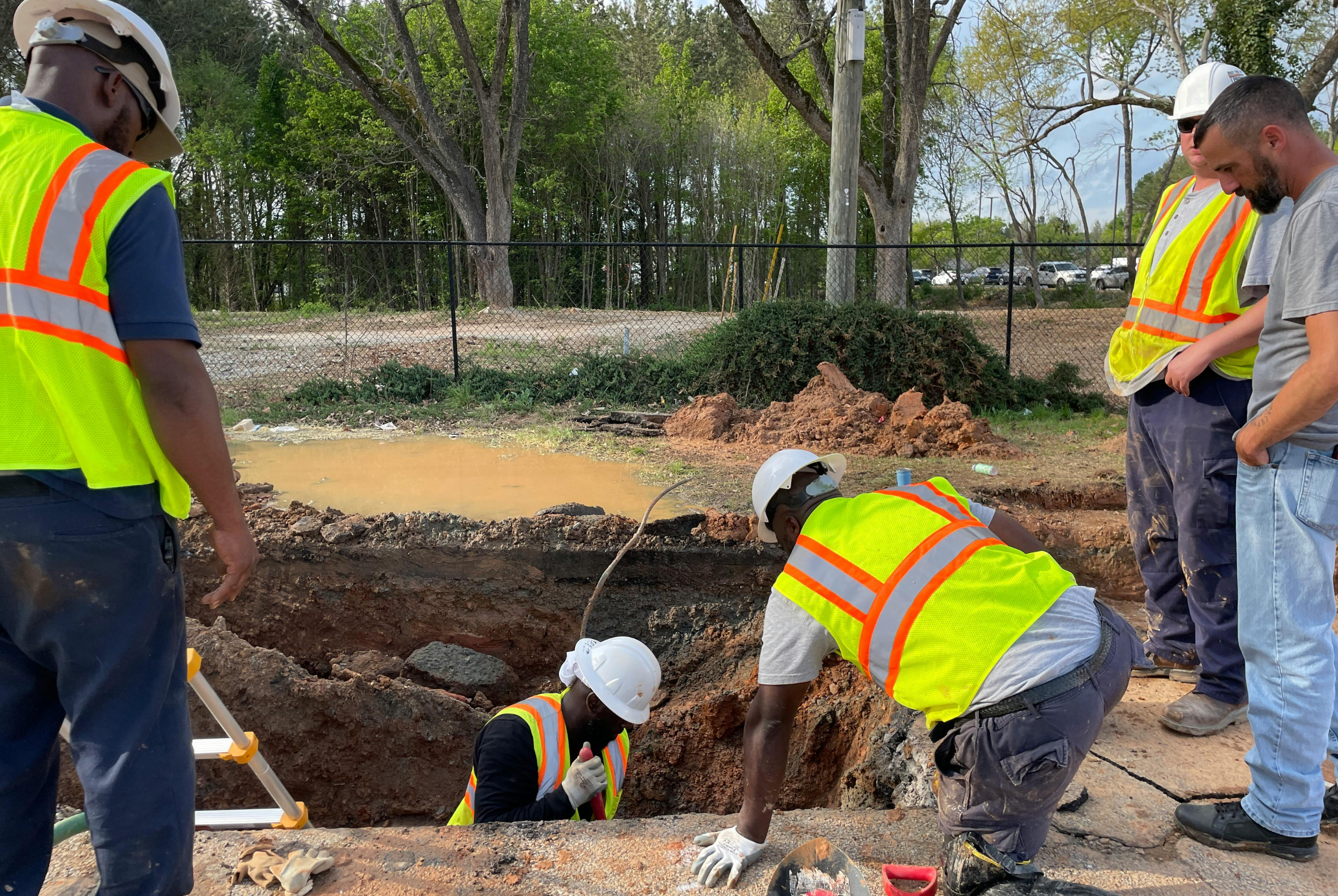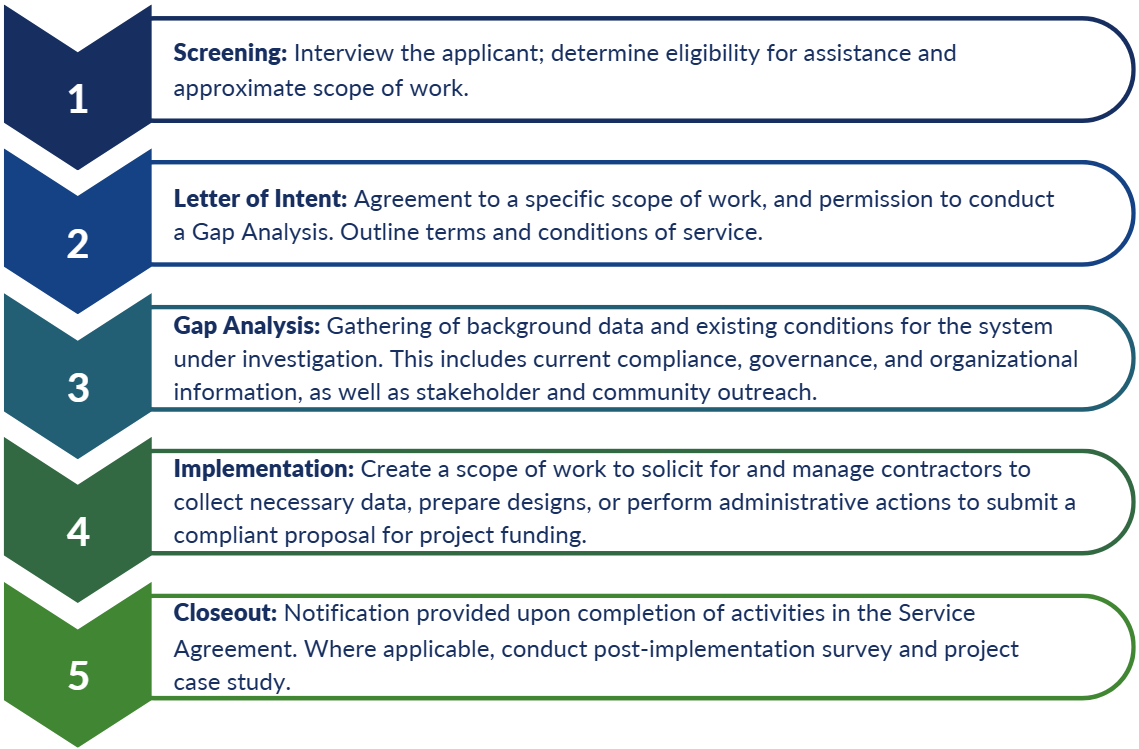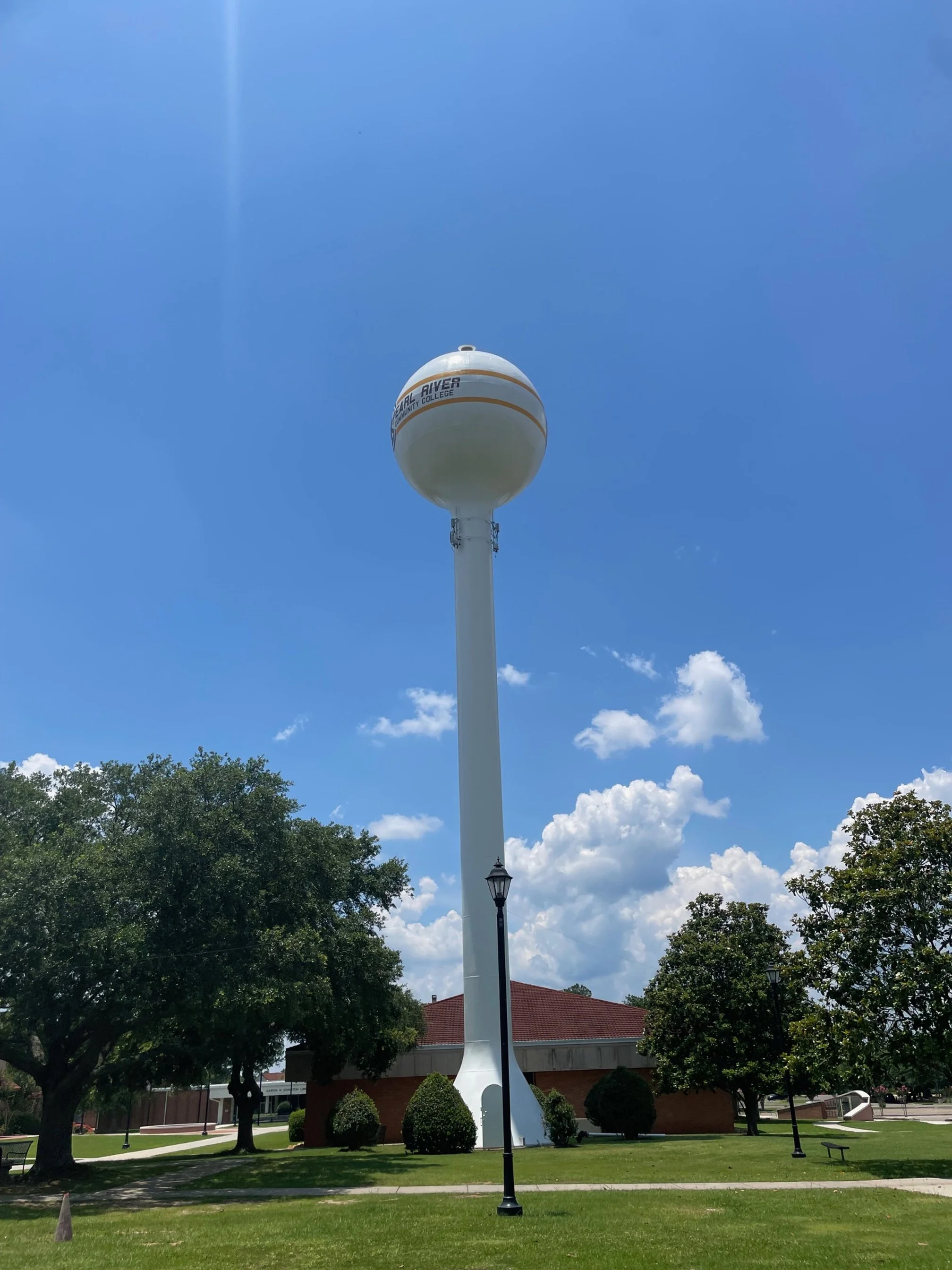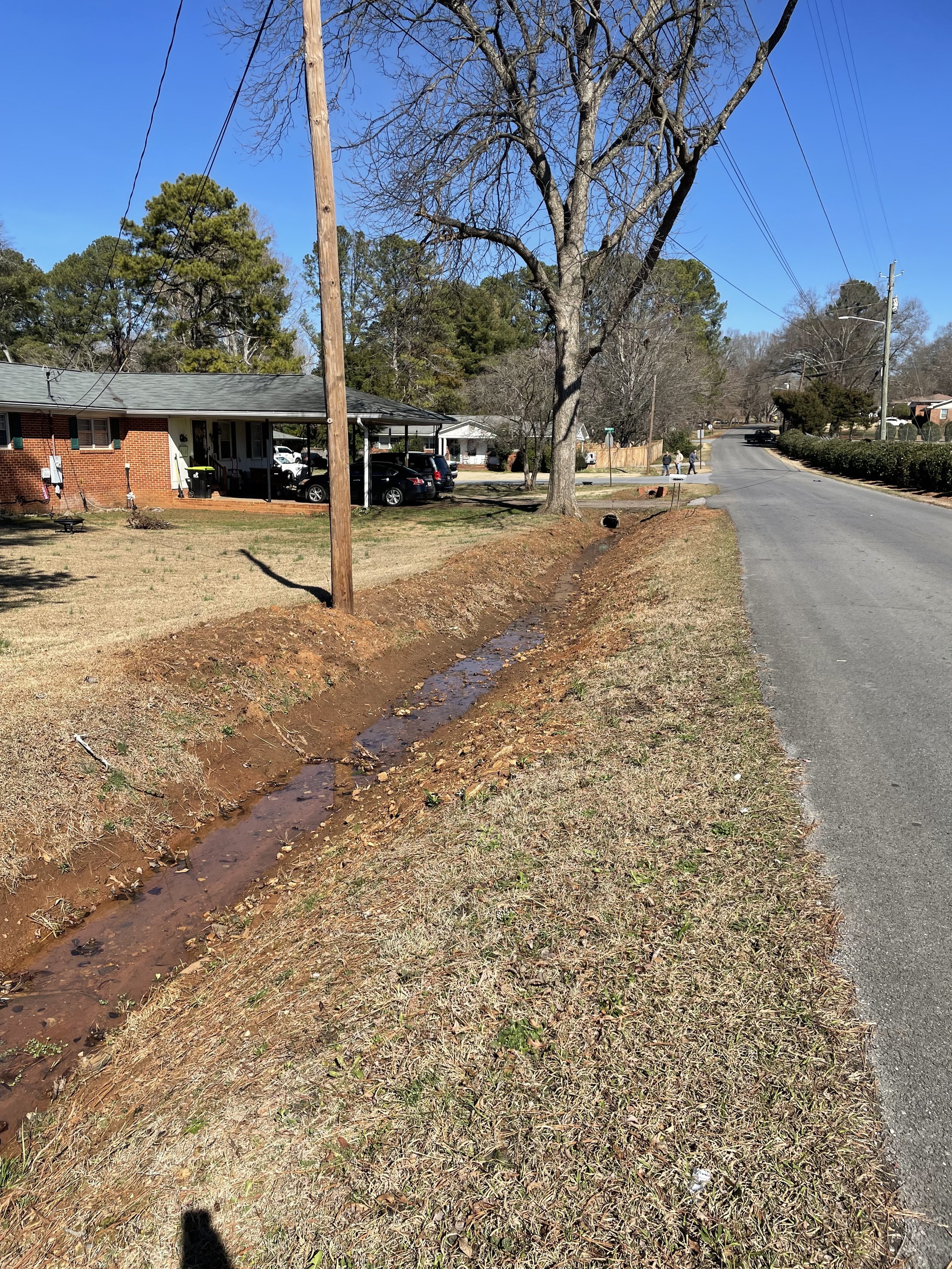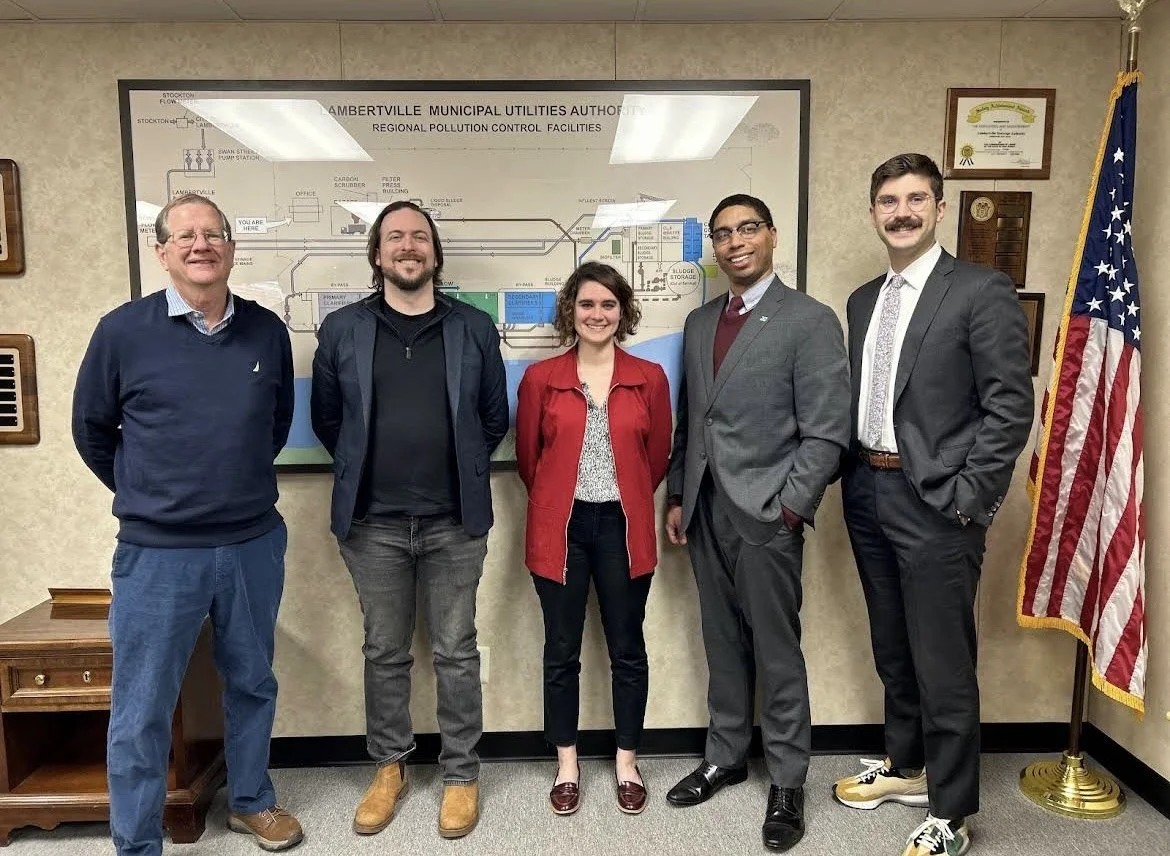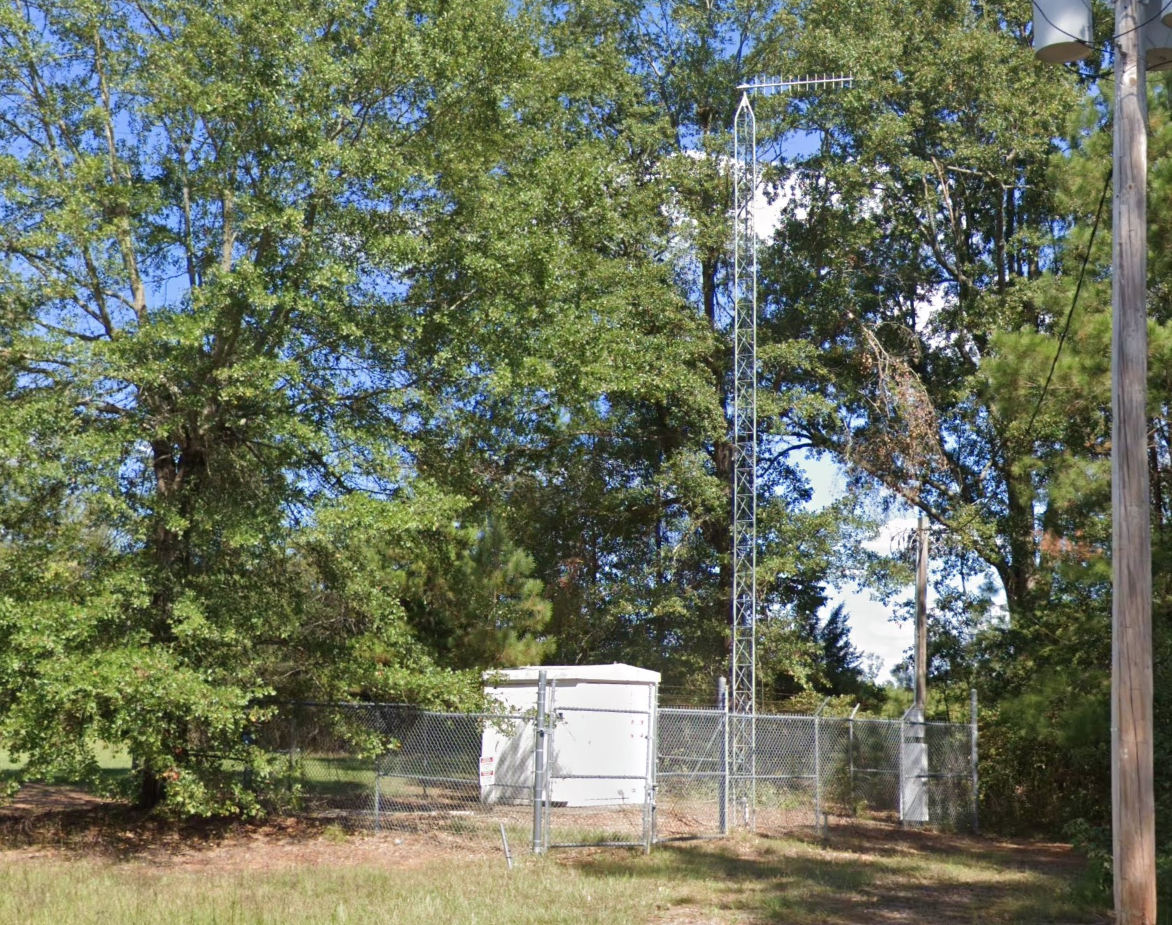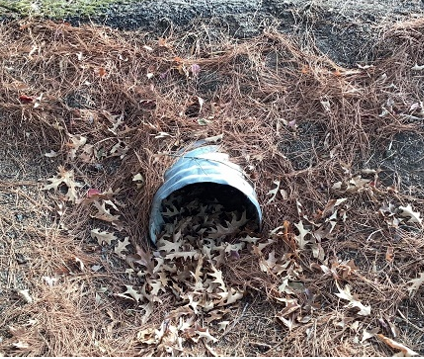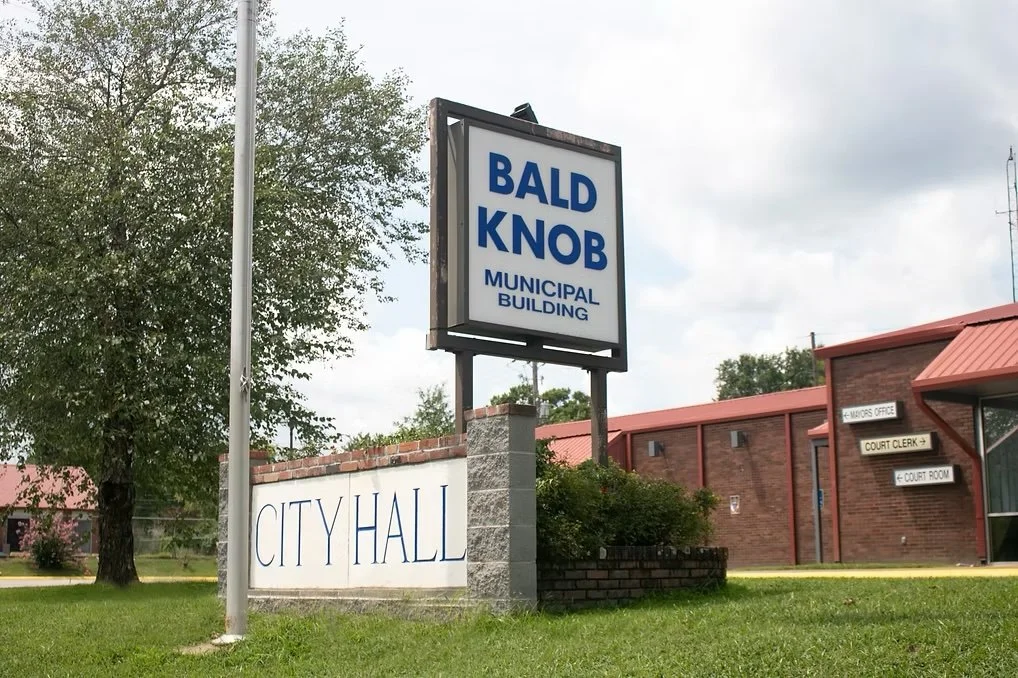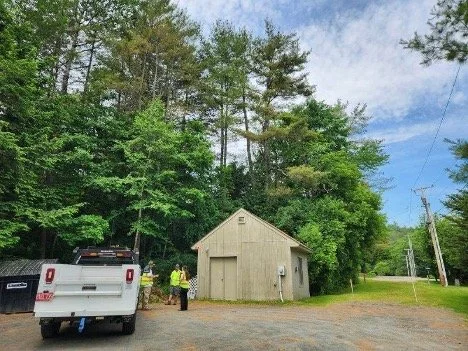
Helping Communities With the Funding Navigator
Unlocking Funds Faster Through Technical Assistance
EPIC’s Funding Navigator (FN) team works for small and under-resourced communities—70 so far and more in progress—by providing rapid-response project management and technical assistance, driving access to capital for more safe, reliable, affordable, and resilient water, wastewater, and stormwater systems. Our team provides this support at no cost to the communities.
Did You Know?
What Drives Us
We work to quickly uncover barriers to developing and financing water infrastructure capital projects and provide targeted solutions so we can help bolster local capacity and accelerate funding applications. We want to see small and under-resourced communities thrive, and we help connect them with the resources and investments they need for lasting water infrastructure.
Why It Matters
Financing water infrastructure capital projects—especially with government funding—is complicated, and yet it’s crucial to human and environmental health, public safety, and economic prosperity. One of the quickest ways to get to more high-performing water systems is to provide direct technical assistance that addresses local priorities and expands local capacity.
Our Process
Through localized capacity support and financing expertise, we help utilities, municipalities, Tribes, and local agencies identify and develop capital projects, meet regulatory requirements, and secure public funding to improve drinking water, wastewater, and stormwater infrastructure.
As a national Environmental Finance Center funded by the U.S. Environmental Protection Agency, and additional philanthropic support, we serve as a connector between communities, place-based partners, technical experts, and state and federal resources. Our team works as an extension of municipal and utility staff to meet their specific needs and has been recognized for the speed at which we can quickly and effectively connect some communities with technical expertise that is more specialized than what our team provides, and is necessary for the financing application process.
Our model—assessing local capacity, soliciting proposals, and managing contracts—enables us to deliver services very efficiently. It also promotes fair pricing for communities that often lack the resources to procure and oversee contractor services on their own. Our step-by-step process adapts to each community’s unique challenges, but follows a consistent framework that enables faster access to funds and fewer project delays.
By listening first and acting quickly, we help communities navigate complex funding programs, access the right expertise, and turn essential water projects from vision into reality.
Case Studies
Request Technical Assistance
Interested in technical assistance? Reach out today by submitting our request form!
Featured Resources
-
To help support EPA’s network of WaterTA and other TA providers, as well as communities interested in applying for SRFs, EPIC has developed a Clean Water SRF (CWSRF) Database and a Drinking Water SRF (DWSRF) Database detailing financial terms, conditions, definitions, and other application information.
-
Because SRF programs are so complex, utilities can sometimes need a small loan to complete the upfront work that is necessary to even apply. That is where our predevelopment loan fund comes in. The purpose of this predevelopment loan fund is to accelerate water infrastructure projects in the Great Lakes and, ultimately, to ensure clean and safe water throughout the region. The program is open to under-resourced communities in Illinois, Michigan, or Wisconsin who have a direct connection with the Great Lakes or any of their tributaries or drainage basins. Communities will receive predevelopment technical (planning, design, environmental review, etc.) and financial assistance that is necessary to secure SRF and other federal infrastructure financing.
Interested communities can learn about eligibility and submit a request for assistance by using the “Submit Request Form” button under the “Request Technical Assistance” section above. Simply include ‘Great Lakes Loan Fund’ in the description of your water infrastructure challenge or concern.


